Republican guard
A republican guard, sometimes called a national guard, is a state organization of a country (often a republic) which typically serves to protect the head of state and the government, and thus is often synonymous with a presidential guard. The term is derived from the original French Gendarmerie unit. Several other countries also have adopted the term and have active guard units.
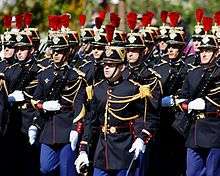
The French Republican Guard.
Active republican guard units


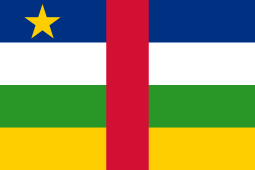
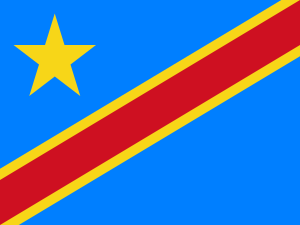
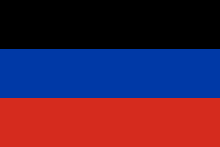

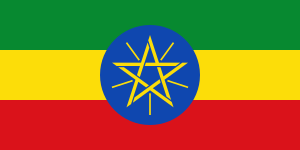

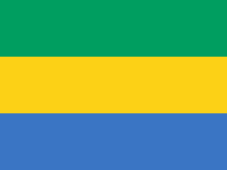
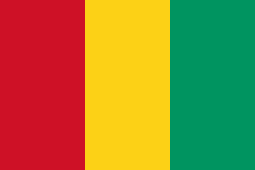
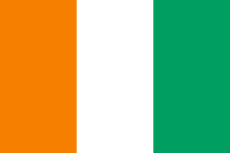



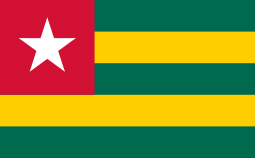
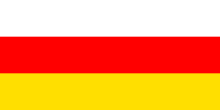
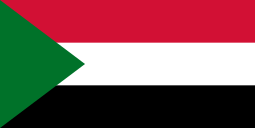

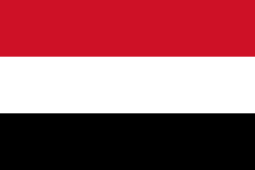
Defunct republican guards
.svg.png)
- Iraqi Special Republican Guard — A military force formed from the Iraqi Republican Guard and charged with Saddam Hussein's protection.
- Fedayeen Saddam – Paramilitary force loyal to Saddam Hussein.
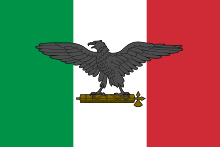

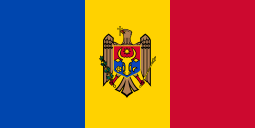
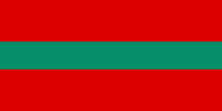
gollark: Trump doesn't even cover it up.
gollark: > Earning tons of money through a job that indirectly exploits developing nations and then donating some part of that money to a charity that helps developing nations is probably a net negative for these nations.How do most jobs go around exploiting developing nations? Also, IIRC the figures are something like one life saved per few hundred/thousand $, so I doubt it.
gollark: There seem to be lots of "elites" who are basically *fine*, except you don't hear about them because people only go on about "SOME ELITES DID BAD THINGS".
gollark: > In capitalism, being selfish and ruthless tends to give you more profit and thus economical power. That's why most of the elite are bad, while so many of the poor have good hearts. Though the pressure to survive also ruins and corrupts the poor.Have you never heard of positive-sum stuff? Have you actually *checked* this in any way or are you just pulling in a bunch of stereotypes?
gollark: Newtonian ethics and all.
This article is issued from Wikipedia. The text is licensed under Creative Commons - Attribution - Sharealike. Additional terms may apply for the media files.